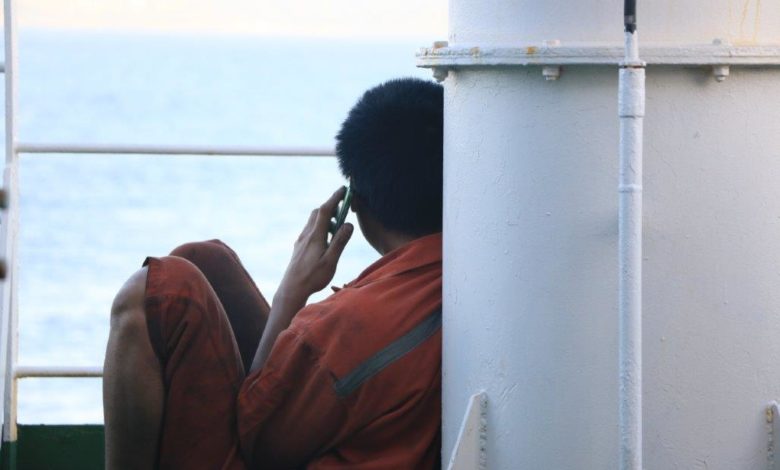Coalition completes repatriation of 600 i-Kiribati seafarers trapped for nearly two years due to the pandemic

Over 600 I-Kiribati seafarers have safely returned home, some after being stranded overseas for nearly two years.
The repatriation of the seafarers was undertaken by a coalition of shipowners, transport workers unions, the United Nations, and the government of Kiribati.
Yesterday saw six seafarers touch down in Tarawa, capital of Kiribati, marking the end of a two-year period of repatriation for hundreds of i-Kiribatis blighted by pandemic-related restrictions and delays.
Speaking on the seafarers return, Guy Platten, secretary general of the International Chamber of Shipping (ICS), said: “It’s an enormous relief to finally see all the i-Kiribati seafarers returned home to their families, but it should never have been this difficult to get these seafarers home. Governments must look at the hardship these keyworkers have faced and ask if it was really necessary? We must learn from this lesson and make sure policy is put in place that means it never happens again.”
During the pandemic, Kiribati operated a zero-covid policy, implementing total lockdowns to inbound travel. Seafarer employers began housing the i-Kiribati seafarers in Denmark and Germany in early 2021 as their contracts finished. Seafarers were provided room and board by their employer while awaiting a change in Kiribati’s border protocols. All the seafarers received their full dose of the vaccine if they had not been vaccinated while on contract.
International Maritime Organization secretary-general Kitack Lim, said: “I am pleased to hear that these seafarers will finally be reunited with their loved ones, some after being stranded overseas for nearly two years, thanks to extensive collaboration among all stakeholders in the industry, labour organisations, governments and the UN. Their story of extended time at sea – and then on land to get home – has been repeated many times over throughout the pandemic. Seafarers need to be designated as key workers by all states, so that their travel and repatriation can be facilitated.“
The ICS recently commissioned a report with Hamburg Business University to evaluate the scope of the crisis and mitigation of a recurrence. The Perfect Storm report, discussed in detail in the most recent issue of Splash Extra, defines the necessary actions governments and international organisations must take to prevent another humanitarian crisis and disruptions to the global supply chain.
The report noted Australia, China, India, and Japan as responsible for the worst treatment of seafarers during the height of the pandemic.
